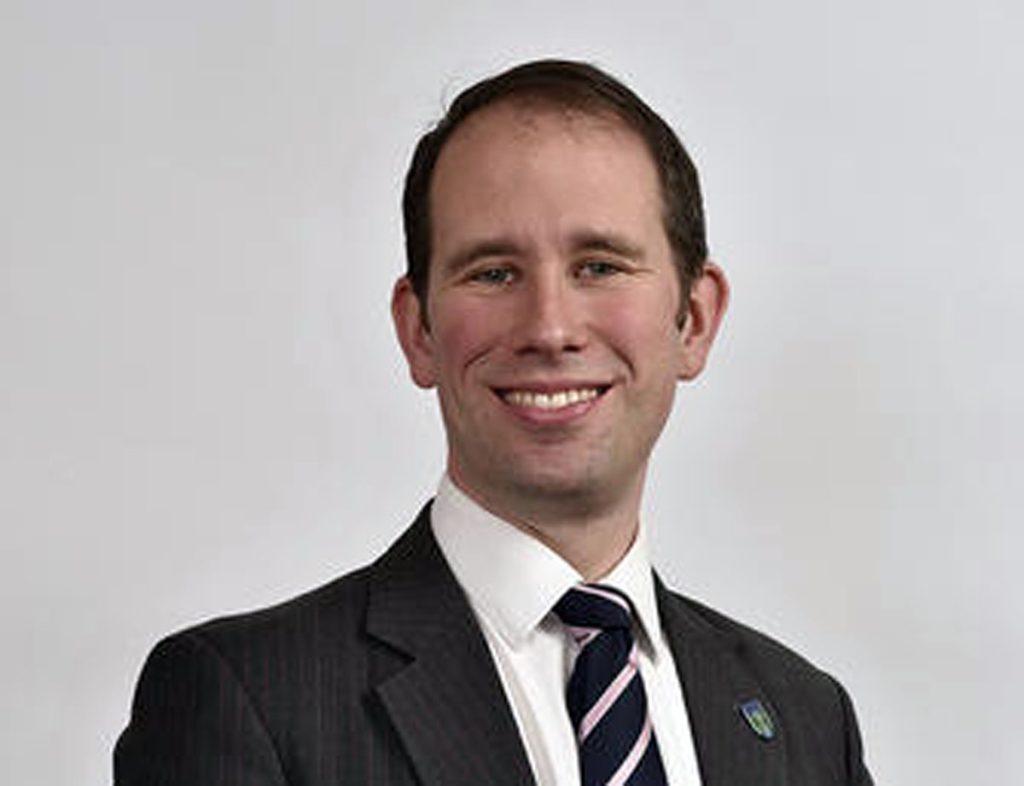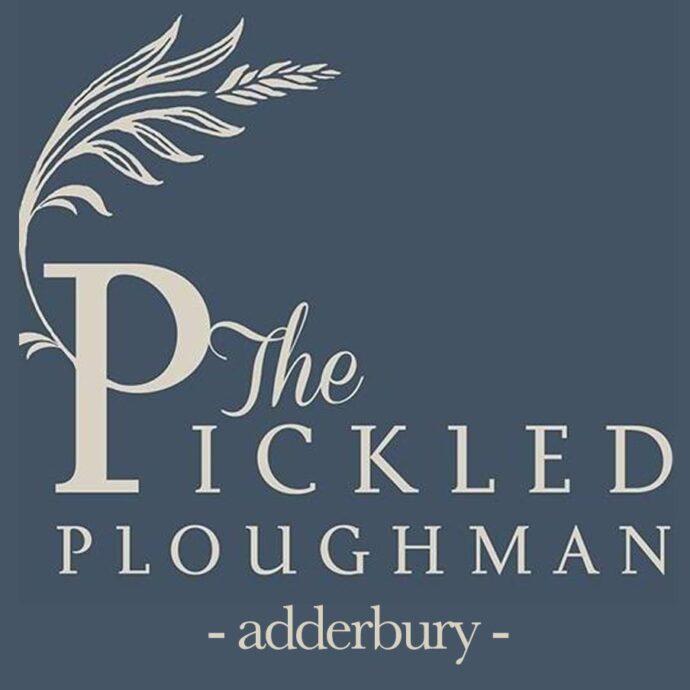Commissioner wants police to be able to dismiss online spats
02/02/2022

Matthew Barber: “we need to be really careful about what we treat as a crime”
by Andy Mitchell, Local Democracy Reporter
Thames Valley’s Police & Crime Commissioner (PCC) Matthew Barber wants more scope for forces to dismiss online taunts amid increases in hate crimes and incidents.
Data from the PCC’s office showed recorded hate crimes in Thames Valley to be up by more than a quarter – more than 1,000 extra cases – in 2021.
Part of that was down to Covid restricting so much in 2020 but despite the rise, the amount that went to court almost halved last year.
The term hate is attributed to complaints deemed to relate to race, religion, sexual orientation, disability or transgender identity.
Hate incidents, where claims of discrimination are made but it is decided that no crime has taken place, were up 14 per cent in Thames Valley in 2021.
Hate crimes are where that discrimination is deemed to be a factor.
Crimes relating to claims of transphobic behaviour more than doubled last year with overall hate crime reports up by 38 per cent in Oxford.
The ratio of reports based on population show you are more than two-and-a-half times more likely to report a hate crime in the Oxford City Council area than if you live in the neighbouring district of Cherwell.
However, Mr Barber raised what he called a “potentially controversial point”.
Hate crimes are recorded based on what the victim perceives and before the intention of any culprit has been established.
That guidance is under review after the College of Policing’s definition was successfully challenged through the Court of Appeal due to a clash with freedom of expression laws, something Mr Barber thinks “may shift the balance on this”.
“I would not want anything I say to suggest I think any of the incidents we talk about are acceptable,” he said.
“I think standards of behaviour in society are one thing and there are lots of things I would find deplorable but in policing and a world of limited resources, we need to be really careful about what we treat as a crime.
“There will be lots of offences that are incredibly serious and absolutely should be investigated by the police, pursued vigorously with those responsible brought to justice but I think there will probably be other examples that are incidents where no crime has been committed.
“There is a real challenge for policing in differentiating between those two, how we effectively triage which of those come into policing so the force is not overwhelmed by people being rude to each other on Twitter versus real-world impacts where people are being harmed which is where, frankly, I think our resources ought to be focused.”
Later, it was put to Mr Barber that other forces have added misogyny to the list of factors for hate crimes and incidents.
“I find the whole issue of the way we record and the nature of putting other characteristics into this group really problematic from a practical sense,” he said.
“It is not because I think racism, homophobia or misogyny are good things and we should ignore them, we absolutely have to take action as appropriate, but the practicality of the fact that the victim perceives that and that is what gets recorded, how that then changes a prosecution or not, is an area I am unconvinced by.”
Published: by the Banbury FM News Team
